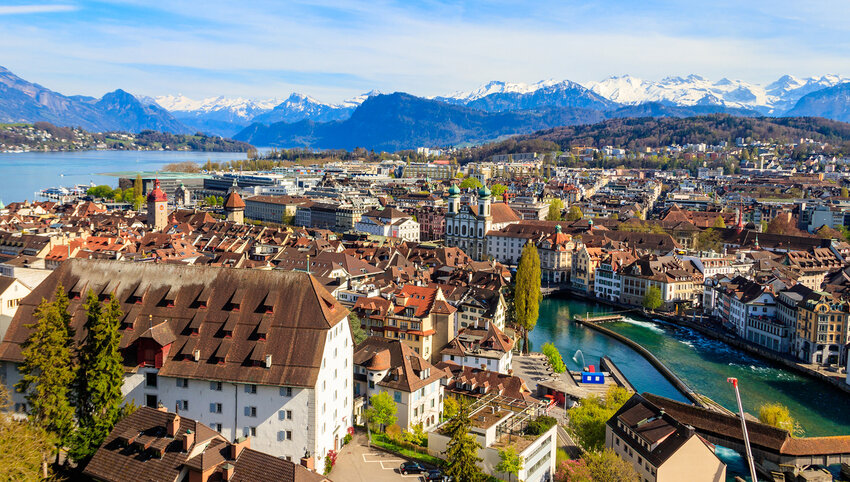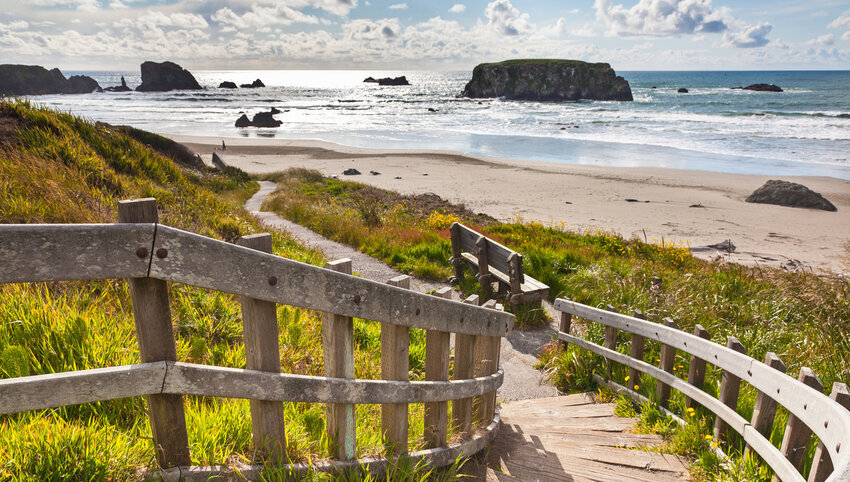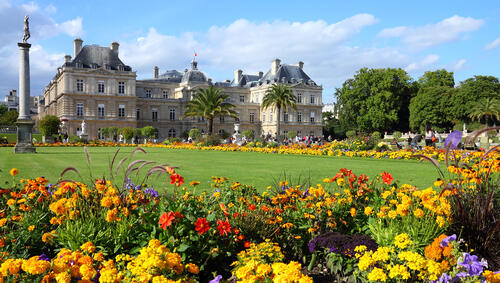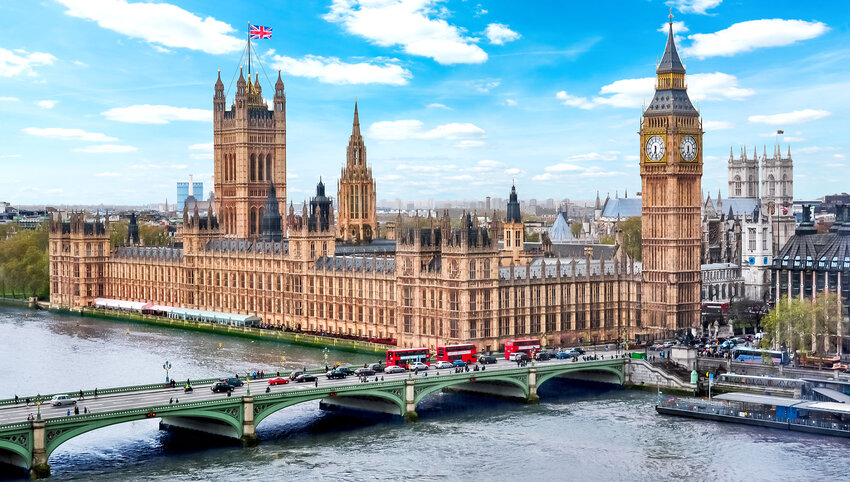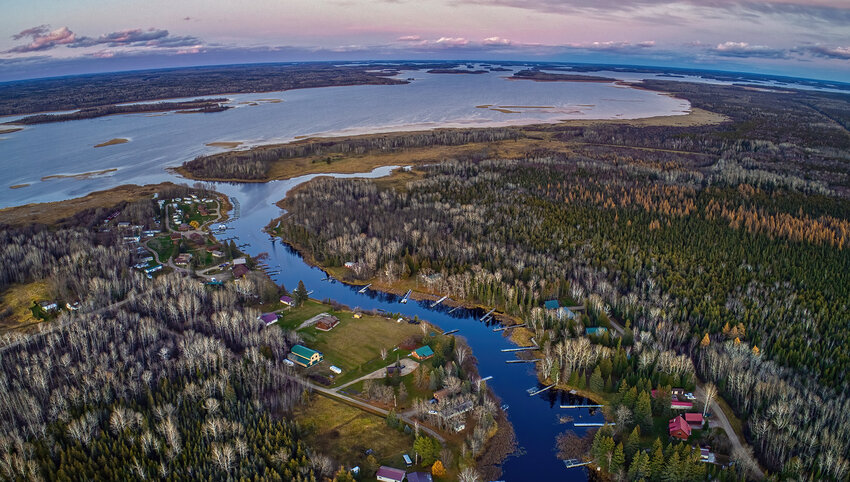As medical advancements march forward, the world’s life expectancy has also started creeping well past 100. For some countries, becoming a centenarian isn’t such an untouchable feat. Interest in long living has been piqued recently with more researchers looking towards our external environments for answers. From Asia to the Mediterranean, these are the top five places with the longest life expectancy, according to Worldometer’s 2023 life expectancy report.
Japan
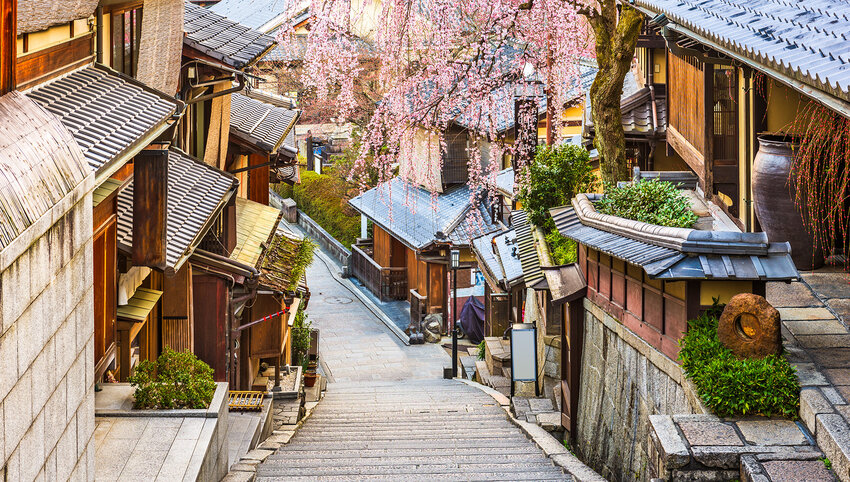
Japan is at the very top of the list for life expectancy across the world. A combination of healthy eating and overall active lifestyles, along with strong public healthcare, have all contributed to Japan’s long life expectancy. Diet is typically cited as the most important factor as to why so many Japanese people live long, healthy lives, but additional factors like a sense of community and frequent exercise are also important elements that give clues as to why there are over 60,000 centenarians living in Japan.
Japan’s Okinawa Island is a designated Blue Zone where the concept of ikigai might be another key clue as to why so many of its residents live to be well over 100 years old. Ikigai translates to “a reason for being” and is possibly the secret ingredient as to why Japanese centenarians are so plentiful. Worldometer estimates that the overall average life expectancy for Japan is almost 85 years old, with women living to be 88 on average and men 82.
Switzerland
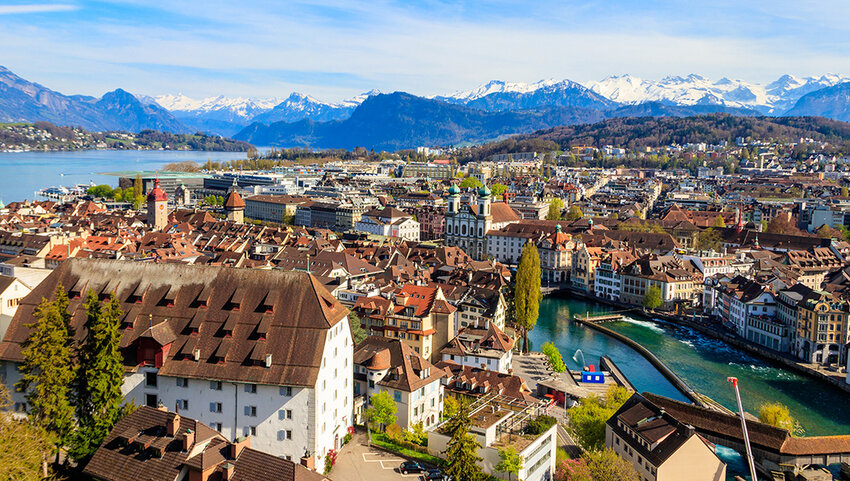
Fresh Alpine air, beautiful hiking trails, and delicious cheese all add to Switzerland’s high life expectancy, but there’s more to living past 100 than stunning scenery and fondue. A great healthcare system, wealth security, and general happiness all play a factor in Swiss citizens' high life expectancy.
Switzerland residents tend to have a life expectancy of 84.4 years old with women living to be 86 and men 82.6. Swiss citizens have a smaller life expectancy gap between men and women than most countries at just 3.4 years. While Switzerland had just 1,888 centenarians in 2023, one study suggests that 50% of Swiss children who were born after the year 2000 will live to be over 100.
Singapore
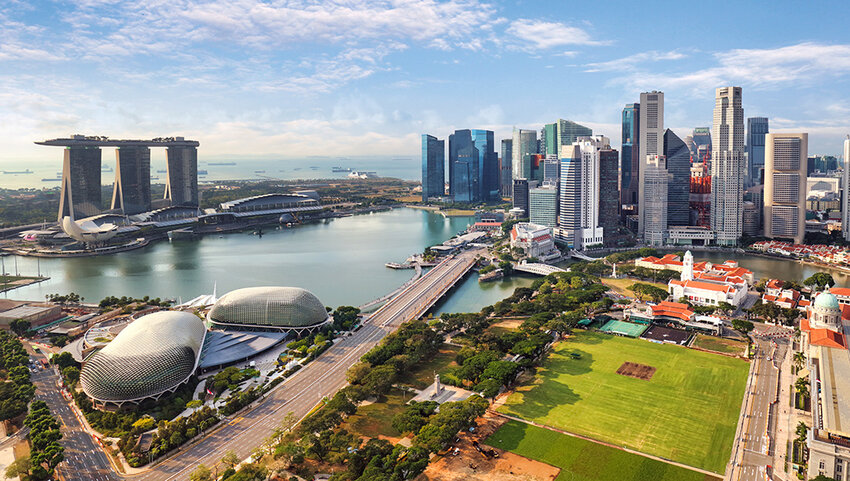
On average, Singaporeans live to be 84.3, and like the other countries on this list, diet and exercise certainly help. But Singapore's true aging secret may point to its government, which has specific plans in place to specifically aid centenarians and their elderly population in general.
Singapore became the world’s sixth Blue Zone in 2023 and has been focusing on its rapidly aging population for some years now. Factors like a plant-based diet and purposeful living both contributed to their designation but what really sets Singapore apart are the country’s government initiatives. Socializing is encouraged through public housing, an easy-to-use and vast public transportation network, and communal gathering places like Hawker’s Centers all make Singapore an ideal place to live to be 100.
Italy

Italy is another country that is home to a Blue Zone, the sunny island of Sardinia, but the entire country wins a gold medal for life expectancy. Overall life expectancy in Italy clocks in at 84.2 years of age, with men typically living to 82.15 and women 86.13. The Mediterranean diet plays a huge role, with foods high in fiber-rich veggies, whole grains, olive oil, and fresh fish. Italy also enjoys a vibrant sense of community and familial ties with a regular habit of walking every day all lend to living a longer life.
A small group of villages on Sardinia’s southeastern side, specifically Barbagia and Ogliastra, were part of the very first Blue Zone ever discovered. Although lifestyle certainly plays a part in Sardinian life expectancy, genetic tests also revealed a unique gene that could also be a contributing factor.
Hong Kong & Macau
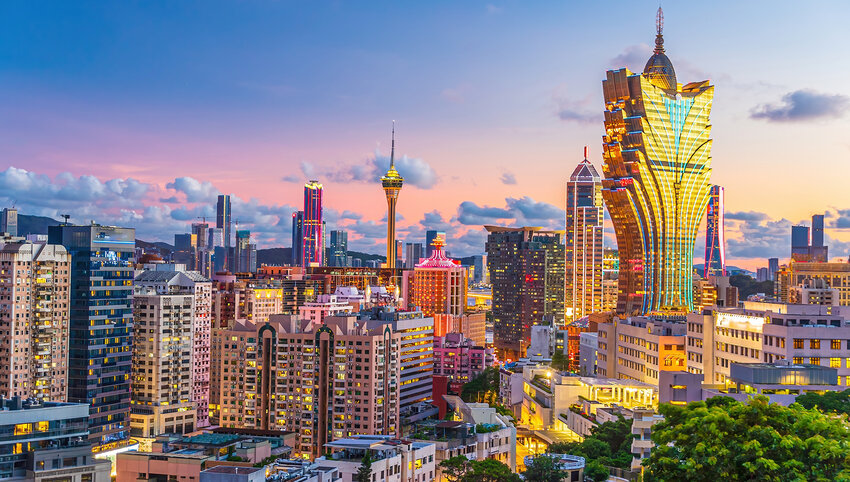
Although Hong Kong and Macau are separated by the South China Sea, and the 34-mile long Hong Kong–Zhuhai–Macau Bridge, they share a few common factors: high life expectancy and strong ties to China. Both of these places are listed as having the highest life expectancy in the world, with Hong Kong pulling just slightly ahead. While their small population size certainly contributes to their citizens' high life expectancy, what it really boils down to is a healthy diet, a lifelong exercise routine, and access to health care that emphasizes the elderly population.
On average, Hong Kong women typically live to be 88.6 years of age, while men tend to live to be 83 years old. Macau is much the same with women living to be 88.11 and men, 82.8 years old on average. Hong Kong also belongs to the WHO’s global network of age-friendly cities, although Macau may soon pull ahead of its neighbor thanks to a combination of declining mental health and housing issues. Both Hong Kong and Macau also happen to be located in warm climates that promote an active lifestyle.

